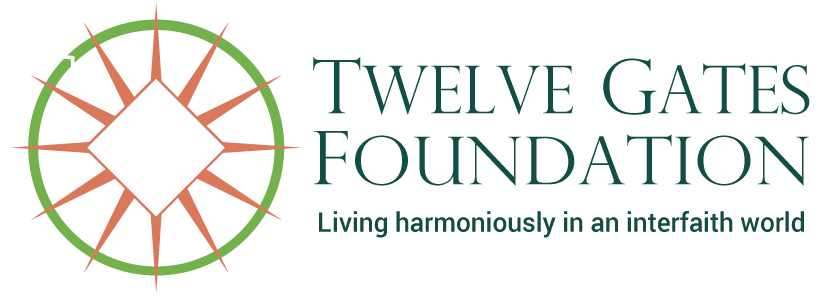My Speech to the Jamaica Muslim Center Interfaith Meeting
A Podcast by Frank Kaufmann
Podcast transcript
 On November 16 of this year (2023), Imam Shamsi Ali of the Jamaica Muslim Center hosted an interfaith dialogue and invited me to speak.
On November 16 of this year (2023), Imam Shamsi Ali of the Jamaica Muslim Center hosted an interfaith dialogue and invited me to speak.
A great many friends wished me well and asked for ways to see my presentation.
I promised I would find the video and report back.
Unfortunately, the individual who taped the program for a Muslim television station then promptly departed for the Haj and I have not been able to find that tape.
Listen to the podcast here:
I felt badly toward all the people who asked for my presentation, and to whom I promised I would send it. So I made this recording privately to report what I said (to the best of my recollection):
Thanks to the organizers, speakers, and for the invitation. Praise for Imam Ali for hosting this event. Thanks to the over 100 Muslim and multi-religious participants in attendance
I described three areas of international war or conflict: Russia-Ukraine. Hamas-Israel. and Tensions over Taiwan and the South China Sea.
I explained that each of the three are different. Russian-Ukraine is “internecine,” an “in-family” fight. All are Orthodox and Slavs. Hamas-Israel is civilizational between two world communities with religious ties: Western “Judeo-Christian” civilization, and Islamic civilization. The Pacific conflict has two cultures and two roots. Asian culture versus Western Culture, and Religious culture versus Marxist culture.
I suggested that this level and intensity of war and conflict is greater than any of us have lived through in our lifetime.
Here you can watch it:
I suggested that classic interfaith activity and assumptions are basically passé, and wholly insufficient to manage a world in such extreme and dangerous disarray. I added that even the most religiously based conflict (Hamas-Israel – mistakenly dubbed Muslims and Jews has almost nothing to do with the religion.
I suggested that gathering to say how much we like one another, or how much we are similar or have Jews or Muslims at our homes or holidays, is no longer adequate to meet our troubles, regardless of how genuinely wonderful such meetings and speeches are.
I suggested that the reasons why interfaith must be pursued, and why interreligious dialogue is urgently needed at this time is that in a current atmosphere of such intense disorder, violence, and rage, no single religion alone has sufficient resources to provide the solution to these world problems, and the dissolution of rage, hatred, and violence.
The spiritual force of war in our time is greater than any one religion can address, and the reason we need to be intensely invested in and involved in interfaith in the present moment to learn from one another what your religion knows and what mine doesn’t, and to lock arms in a seamless solidarity so that the truly religious and spiritual world and devotees can hope to have a voice to meet the titanic forces of darkness and war.
